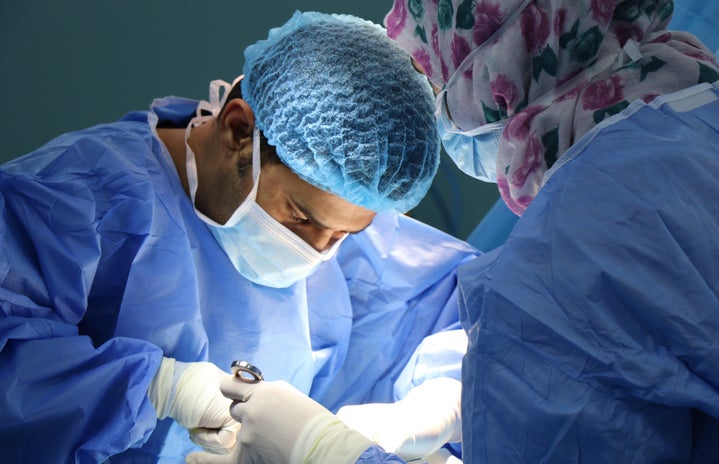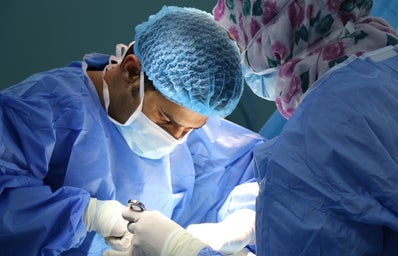If you want to acquire the skills to become a competitive applicant for medical school or any other masters degree in the medical field, here are the five most important things to do as an undergrad or premed.
- Shadowing
-
Shadowing is very important to get exposure to different fields of medicine, and see what you like and dislike about each field. It allows you to get a better understanding of what a day in the life of a physician is like, and will help you form a better understanding of how patients should be treated. Due to the COVID-19 pandemic, since almost everything is closed down, many groups have started free virtual shadowing including MyMedicalMessage (Insta: @mymedicalmessage). You can virtually shadow doctors every week and gain meaningful experiences by looking at case studies and pictures of real patients. Don’t miss out on this opportunity, and if you find an in-person shadowing opportunity, be sure to act on it.
- Volunteering
-
Volunteering is also very important for getting the experience that medical schools are looking for. Volunteering will give you in person clinical experience that will help you understand what it is like to work in a healthcare setting. You can also volunteer in other ways such as tutoring or babysitting, but clinical and hospital volunteering will give you the most beneficial experience.
- Research
-
Research is another important thing to get involved in during undergrad as a premed. Research allows you to learn about literature reviews, and helps you learn how to run a study. These skills are important to be aware of as a medical professional so that you know how to keep up with the most recent findings and literature. Although it is a big time commitment, it is very beneficial and makes you a more competitive applicant.
- Extracurriculars
-
Extracurriculars are always important and fun to get involved with, since they can be things that you enjoy doing. These don’t need to relate to medicine or the medical field at all. They can involve activities such as martial arts, dance, singing, entrepreneurship, clubs, sports, etc. This is to make you a more well-rounded person and applicant, and at the end of the day, it is meant for you to get involved in things that you like to do outside of medicine.
- Clinical experience
-
The final big thing is clinical experience. Getting clinical experience through jobs such as being a Certified Nursing Assistant, Medical Scribe, Medical Assistant, Resident Assistant, or even being a volunteer at a hospital or clinic is very important because it allows you to get direct patient interaction which is an important skill to acquire in the medical field. It is important to know how to talk to a patient and help them in any way that you can, and the most efficient way to learn is through firsthand experience.


